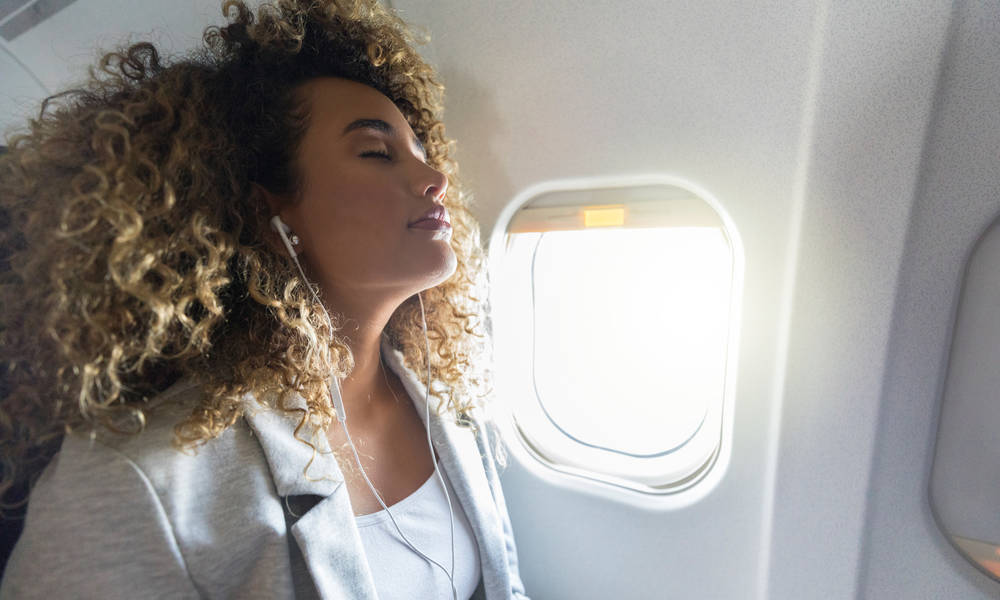
Report: Generational Shifts Reshaping Business Travel
A new study from the travel management firm TripActions finds that younger employees—especially those in generations Y and Z—are more likely to see work trips as a net positive. The business of business travel is reshaping itself around these professionals.
Business travel has a lot of fans among the younger set, and their habits could be leading to a reevaluation of what work trips should be.
That’s according to the travel management firm TripActions in the 2018 edition of its State of Business Travel Report [registration]. The firm, which surveyed 2,900 travelers on their company’s travel programs, noted that nearly 40 percent of millennial and gen Z workers said they wouldn’t accept a job at an organization that did not allow them to travel for business.
And business travel can be a real shot in the arm for employers: Roughly 90 percent of respondents said they see travel as an employment perk, while 80 percent said they feel more excited about their job after traveling.
As enthusiasm grows, younger employees’ personal preferences are helping to drive business travel trends. More than a third of millennial and gen Z workers surveyed (36 percent) prefer boutique hotels or Airbnb-style experiences, while more than a fifth (21 percent) don’t actively use traditional loyalty programs.
The desire for new kinds of travel experiences is making a traditional approach to business travel harder to maintain. Airbnb-style options have not been allowed by many travel-booking platforms, though major providers of travel programs, such as Concur, have been pushing to expand these offerings. Meanwhile, many employees “go rogue” and book their preferred accommodations outside of employers’ legacy travel programs.
This shift in preferences is forcing organizations to take a close look at both the tools they use and the travel options they offer employees. “Business travelers are evolving, and the business travel tools and policies we provide them with need to evolve as well in order to keep up,” the TripAction report notes.
One area that needs an upgrade is support for travelers when things go wrong, the report suggests. Nearly two-thirds of respondents (64 percent) said that, when they ran into problems on the road, they usually had to deal with them on their own.
“Round-the-clock proactive support reduces stress for employees, giving them the ease of mind they need to better focus on the task at hand,” the report says. “And when travelers can focus on the business portion of their business trips, this translates directly to more productivity and success on the road.”






Comments